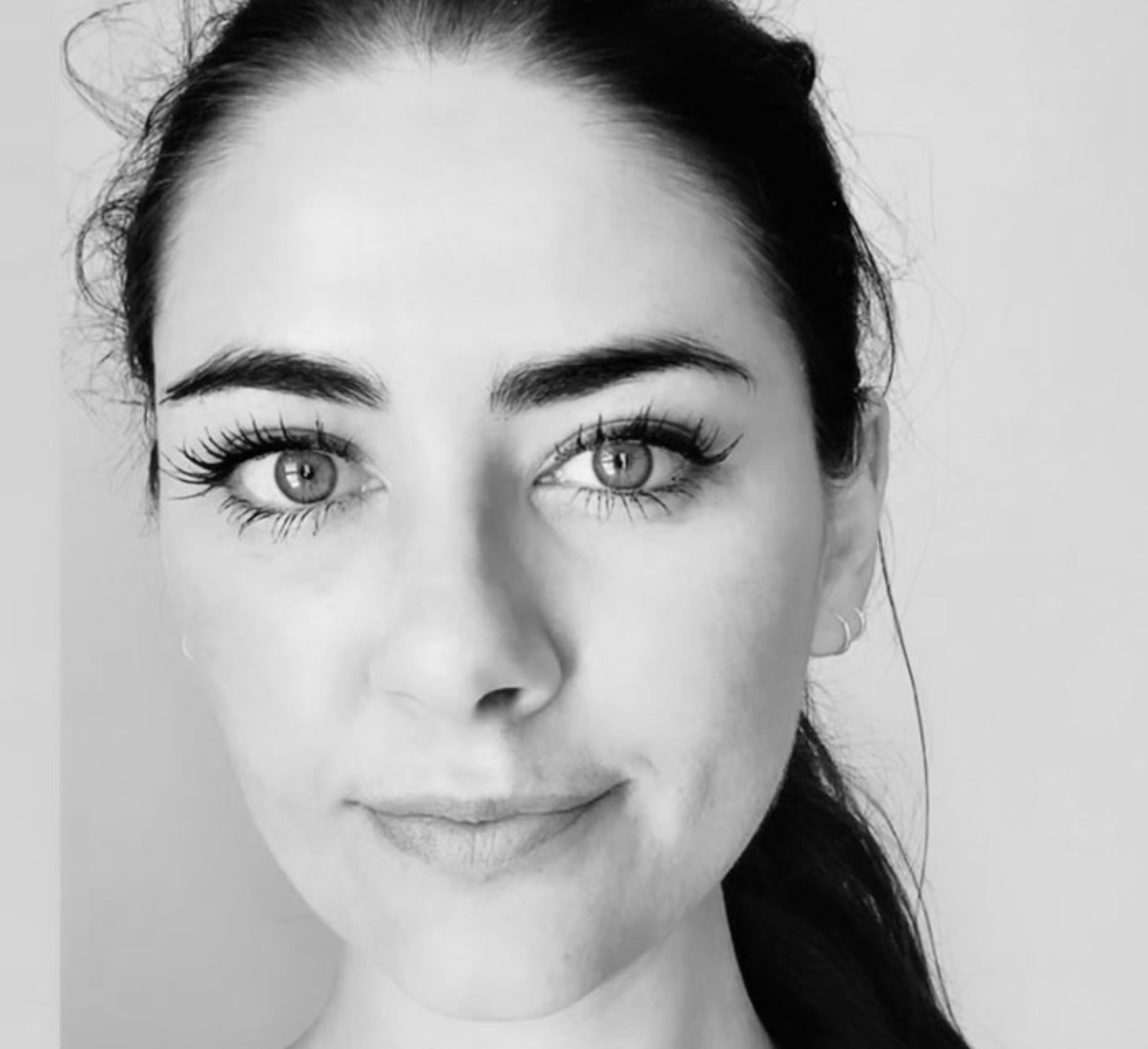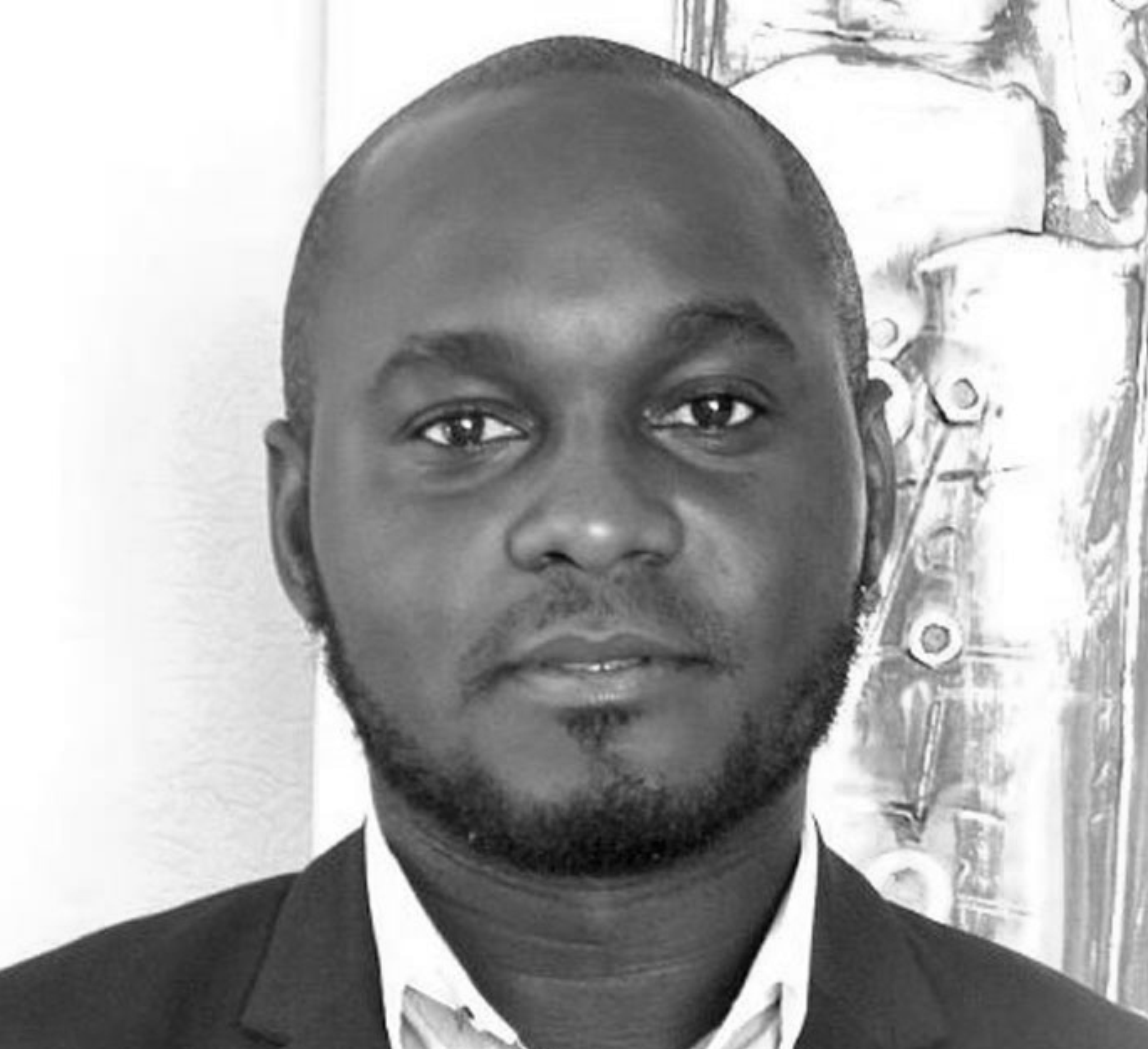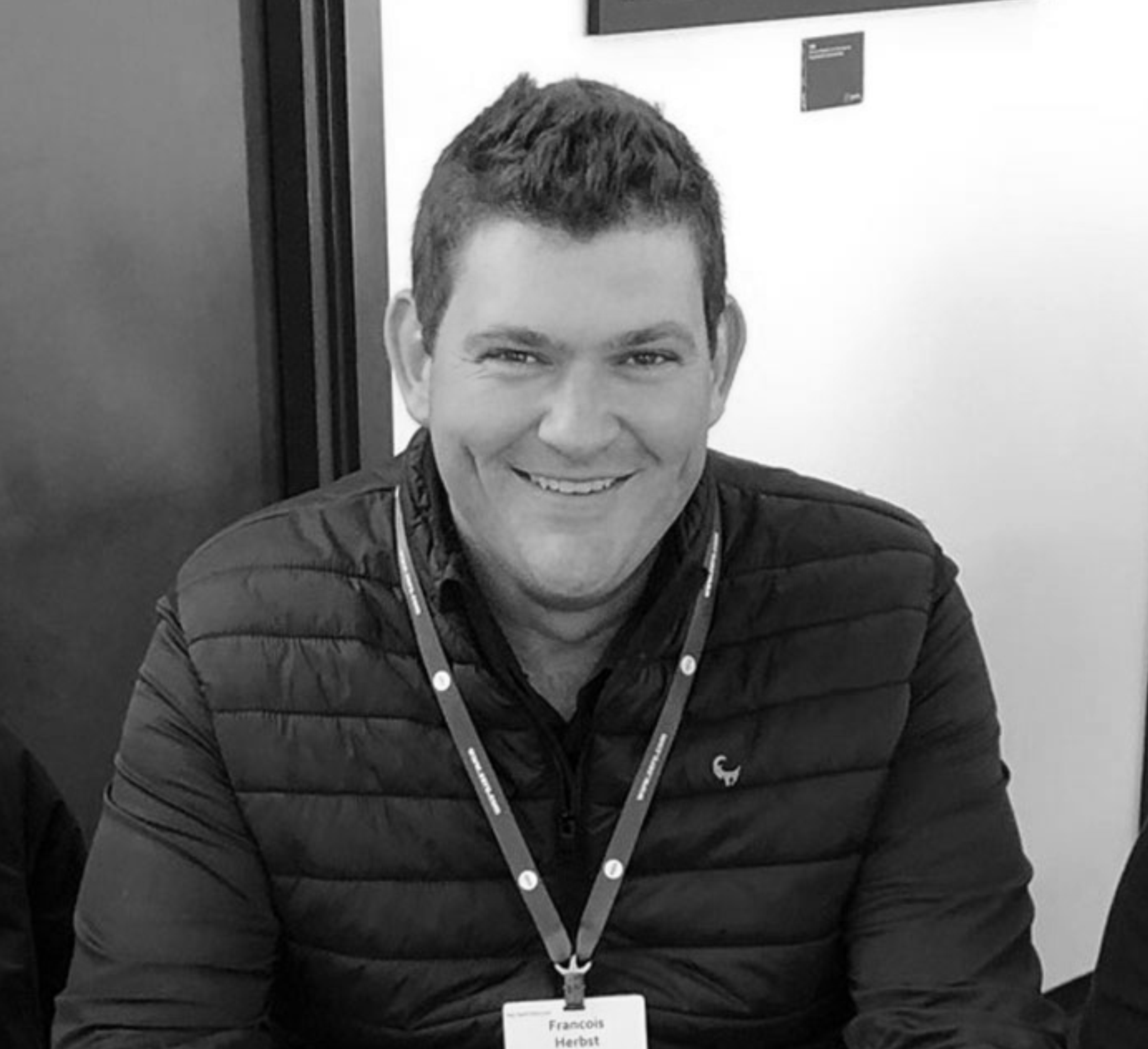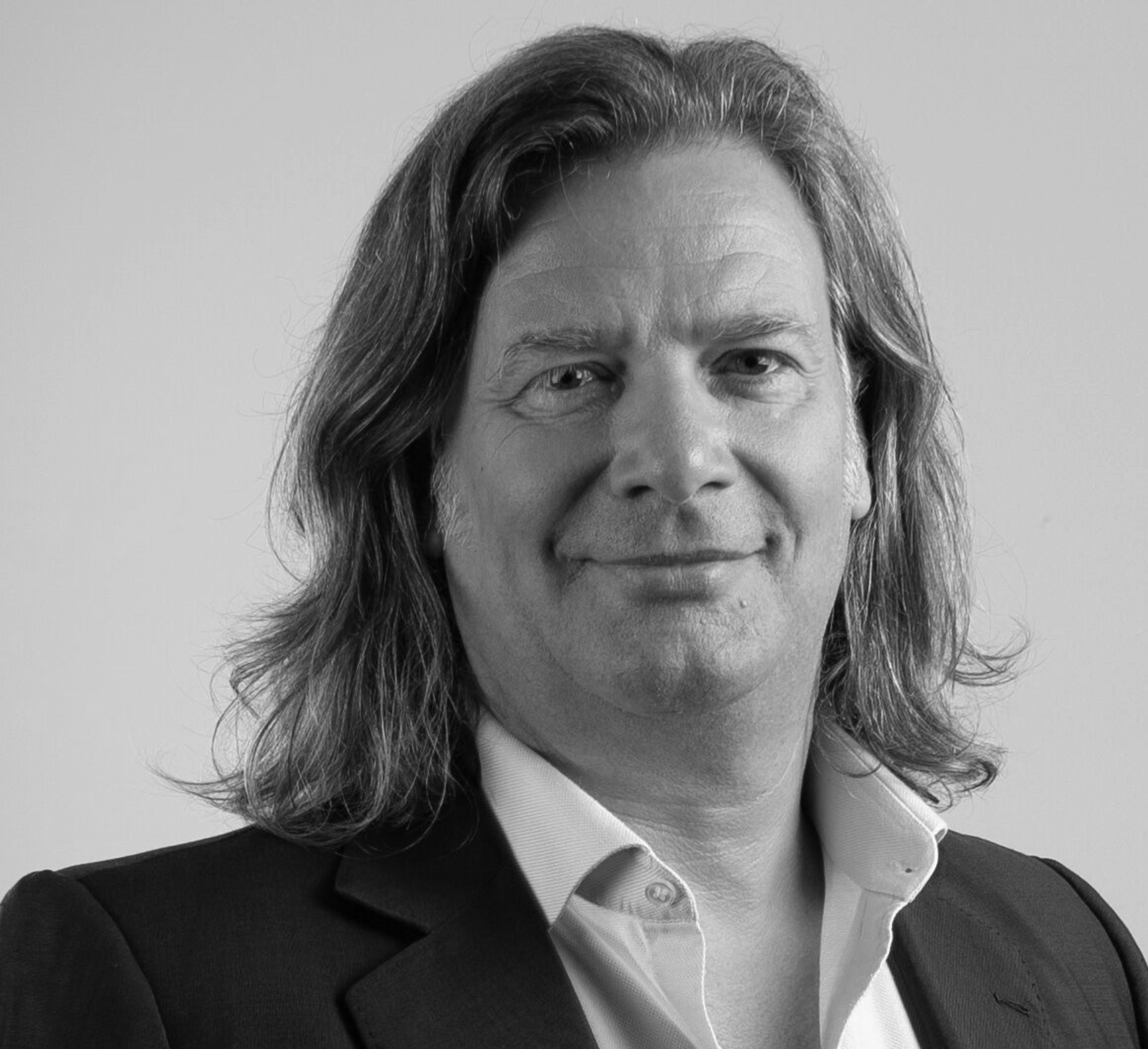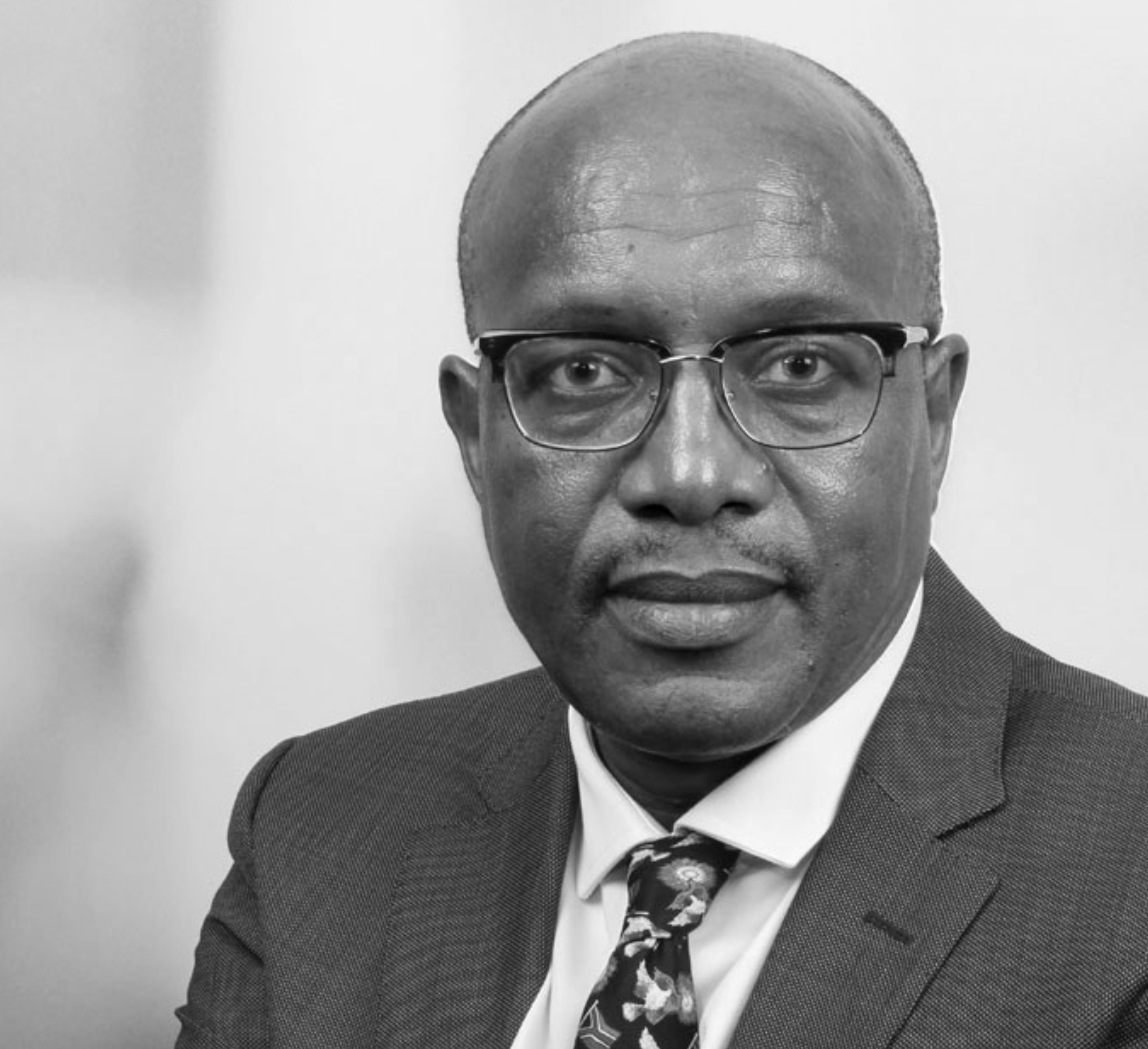136: Carina Spangenberg
Leading from the Heart
Carina Spangenberg is the epitome of determination through adversity, overcoming each challenge in her career with grace and grit, and has now united her passion for both finance and design in her position as head of finance at Ideas Cartel.

CIARAN RYAN: Today’s podcast is sponsored by Draftworx, which provides automated drafting and working paper financial software to more than 8000 accounting and auditing firms and corporations. CFO Talks is a brand of the South African Institute of Business Accountants. Now it’s my pleasure this morning to introduce Carina Spangenberg, who is a financial manager with a difference in that she has a passion for interior design and the construction of beautiful spaces. She has a background in management accounting and reporting and has spent more than ten years in various industries and has a keen interest in scaling startups. Now, since March 2020, she’s been head of finance and operations at Ideas Cartel. That’s a company specialising in hospitality, interior design, project management, and long-term office space leasing. Previous to that, she worked at Guardian Project Management in luxury residential construction, and before that at Tsebo Security Solutions, where she was involved in facilities management. She is qualified in management accounting, is a member of CIMA and is currently mid an MBA from the University of Stellenbosch Business School. Hi Carina, where are we talking to you from? Which part of the country are you in?
CARINA SPANGENBERG: I’m in Waterkant Street, Cape Town, where we run our office space from The Old Foundry.
CIARAN RYAN: The Old Foundry, is that near the V&A Waterfront?
CARINA SPANGENBERG: Yes.
CIARAN RYAN: Okay, very nice. Tell us a little bit about ideas cartel, what does it do?
CARINA SPANGENBERG: So I think the first thing that people think of when they hear our name is the co-working spaces that we run and that is true, we have got a co-working focus but we are actually much more than that. We, at our core, I think we are an ecosystem for entrepreneurs to function from, there’s a lovely osmosis of knowledge that transfers between people. We facilitate the introduction, we enable startups with the best possible footing to grow from and there’s a company culture that permeates throughout all of our facilities. We’ve got more than one location, we’ve got The Old Foundry, we’ve got 113 Loop Street, we’ve got the old Casa Labia in Muizenberg, it’s a beautiful old Italian homestead. We are currently opening up Stellenbosch and [unclear], so we have multiple locations. But the key culture that permeates through all those spaces is that we provide shelter and caretaking for the entrepreneurs and the startups within those spaces. In essence we are a members’ club and we look forward to helping people start up their companies and help them grow.
CIARAN RYAN: It sounds like a fairly loose conglomeration of people, you can join, it’s not very formal, am I correct in saying that?
CARINA SPANGENBERG: It’s not formal, you sign up for membership and there are multiple levels of membership, so you can come for a day pass and just come and work, the same as you would at WeWork. We’ve also got monthly memberships and co-working and fixed desk options. We’ve got companies that make their company head office spaces within our spaces. We’ve also got a club membership where that is more to facilitate introductions and for the use of our spaces. We’ve got lovely events spaces, we’ve also got hotels, restaurants and bars. We also have FitPods, which is something that was born out of Covid when we had a building that was suddenly empty and people were missing the gym, so we thought up this idea of individually sanitised FitPods. So we went into partnership with Technogym and that’s been a massive success. I think over Covid we really lived out our name of Ideas Cartel, anyone and everyone who had a valid idea was listened to and we pursued those ideas, and all of those little fires actually started this massive burn. I think out of Covid we managed to come out quite strong.
CIARAN RYAN: Talk about Covid because in the business that you’re in, which is office leasing and so on, spaces, how has that affected your business?
CARINA SPANGENBERG: Well, in essence, when March happened, we had buildings full of tenants, some cancelled immediately and some tried to keep their spaces open but in essence, we sat with empty buildings. But I think [unclear] the massive importance of having a relationship with your tenants and your landlords. It was amazing to see how people joined together to hep each other to come back stronger. So yes, we lost a lot, but we came back so much stronger and now we’re basically full at The Old Foundry and at 113 Loop Street there is still space available, but we’re starting up new office spaces all over. As I mentioned, we’re going to open Stellenbosch, we are starting construction next week and we are busy constructing at [unclear] in the Foreshore.
CIARAN RYAN: So it’s called The Old Foundry, is that the name of the building?
CARINA SPANGENBERG: Yes, we are in Waterkant Street, in the Greenpoint area. We’ve also got a lovely hotel here with 24 rooms, it’s called The Old Foundry Hotel.
The Old Foundry Hotel provides a place to live, work, play and stay.
CIARAN RYAN: Fantastic and how is the hotel doing?
CARINA SPANGENBERG: Well, it’s obviously also very slow to recover but I think that’s what is interesting about our business model is that it’s not our only revenue stream. It is coming back, I think we all want hotels and travel to come back to full force but as we wait for Covid to die down, we’ll make it work. But there is a lot of business travel and what is nice about our model is that we provide co-living and hotel spaces for the commuters between Johannesburg and Cape Town, so that you can live, work, play, stay, do it all here.
CIARAN RYAN: Oh really, okay. Occupancy rates in hotels, they’re pretty shocking, the stats that I’ve seen, I think it’s well below 30% if one looks at it countrywide. Is that your experience down there as well?
CARINA SPANGENBERG: Absolutely but I think that is the key thing is that we look at these things when they start happening and we try to pivot. So what we did with our hotel is we blocked out 50%, which is long-staying guests, we have a lot of tech startups in our spaces, so we then tie that into the office space and the workspace. So we provide co-living options for our longer staying tenants so that they can bring their company staff and live. So we are renting out some of our hotel rooms to long-staying guests.
CIARAN RYAN: What a fascinating idea, I do wish you the best of luck on that, but just fill in some of the blanks on your career journey. We’ve spoken about your passion for hospitality, construction, spaces, and this Old Foundry Hotel really does look exquisite. Why did you choose the route that you did and were you always drawn to accounting or did you just fall into it by accident?
CARINA SPANGENBERG: I actually had a much, much different path than most of the people who you interview. I had quite a rough start in life, I’d say, and I ended school with no idea about what I was going to do. My parents didn’t have money for me to study, so I went to Pretoria and really just struggled to survive. I worked as a waitress, and I was a horrible waitress in the beginning. Then eventually I got into a YDE store as a shop assistant and then one of the girls who worked with me went for an interview at CTU Training Solutions and she didn’t get the job, but I just knew that I would get this job, and I asked her if I could go for an interview. So I went for the interview and I got the job. I worked there for eight weeks and then all of us got letters that said, the letter said my position had been made redundant. I didn’t understand what that meant but meanwhile, I was obviously retrenched. Then one of the girls who was also retrenched, worked at MidCity Property, and she invited me for an interview for a position in the finance department on maternity cover. So that is how I landed up in property and in finance. I think that is when I became passionate about finance because it gave me structure, it was something that I could do, I found my place in life. Also, I had an amazing mentor and boss. So I started studying an LLB and I got a job at Adams & Adams but then I hated it so much. So then I looked for what I wanted to do and I realised that I had a passion for property and finance. So I opened the Yellow Pages and I looked for property management companies that I could phone for a job, and the first place I phoned was Apricot Property Solutions in Centurion and I got a job in the finance department.
CIARAN RYAN: Hang on a second, you grew up in Cape Town or where?
CARINA SPANGENBERG: I grew up in a small town in Mpumalanga, I went to boarding school in Ermelo and then I went to Pretoria after school.
‘I had to go through a really big maze to actually end up where I am.’
CIARAN RYAN: So then did Apricot Properties in Centurion give you a job?
CARINA SPANGENBERG: Yes, the first one I phoned. He said, this is really funny, but we actually have a job available. So I started there as a debtors and creditors clerk and I learnt so much and I think that’s the key denominator throughout my whole journey, I gained experience while I was studying. So I really didn’t have the vanilla route of matriculating, going to university, degree, honours, CA, articles. I had to go through a really big maze to actually end up where I am. But it also comes with its own set of skills that you can translate into a business environment. So then I started a company with a quantity surveyor and a construction manager and we started building houses in the Centurion area. It went amazingly well until it didn’t go amazingly well and that company failed, so that was a spectacular fail. Going through that taught me so much about life. Then I had to go back to working in the finance department, waitressing at night, trying to survive again. I was 25 at that time and then I decided to go to London. I arrived in London and, strangely enough, compared to the South African market, the UK work environment looks at your experience rather than your qualifications. Whereas in South Africa there’s a big focus on where did you do your degree, where did you do articles. Unless you have done certain things here, you’re not seen in the same light. Whereas in the UK I worked for GlaxoSmithKline and I immediately got a really good job, so I worked for Glaxo for around eight months. I went travelling and then I worked for Hutchinson Whampoa in Battersea, they are the holding company for Three Mobile. I loved that job, it was amazing, we ran US$ 2 billion on spreadsheets, so that’s where I learnt all my Excel skills. I then came back to South Africa, to Stellenbosch, to work at Zorgvliet Wines as their finance manager and then I got a job at Thorburn Security, which is also based in Stellenbosch, I worked there for five years. They were bought out by Tsebo Holdings, which is a facilities management company. From there I moved back to construction because I just felt that I needed a change in life and get back to my passion. I moved back to Paarl [unclear] sadly, that company also failed due to many other circumstances. So I was, again, without a job, looking for something to do and then Ideas Cartel fell into my lap, and I have not looked back, it’s an amazing opportunity.
CIARAN RYAN: That’s quite a story, so you weren’t born with a silver spoon in your mouth, that’s quite clear, you had to pull yourself up by your bootstraps and it was not an easy journey by the sounds of it. It sounds like accounting wasn’t necessarily the route that you were planning on going from the beginning, but it is the route that you ended up on because it did bring you closer to the centre of business and what drives the business, is that right?
CARINA SPANGENBERG: It’s always funny when I meet people from school or people who knew me and when I tell them I am in finance, I watch their faces and their reactions to that. But I do think that it gave me space to grow and in my early adulthood it really gave me structure and a solid foundation to build from. So I am always very grateful that I landed up in finance, but I am also very grateful that I have the ability to communicate to non-financial people. So I have that background and the rules and the structure, but I’m also able to communicate to creative people and non-financial people about the structure and the financial aspects of a deal.
‘I am a passionate mentor.’
CIARAN RYAN: You’ve taken a fairly non-traditional route to the top of finance. Why did you choose that route and it seems that accounting wasn’t necessarily going to be your fallback position, maybe more interior design, which you’ve somehow married the two of those. So just talk about that for a minute, this non-traditional route that you’ve taken.
CARINA SPANGENBERG: Yes, I think I struggled so much, I think back, and I could only afford one or two subjects at Unisa but I just kept going and kept going. So I studied forever and I eventually finished my management accounting degree BCom and then I signed up immediately for post-grad. I was just so hungry to continue gaining knowledge in this area, but I knew in the back of my mind I needed some sort of creative space to live out my creative side. So it’s a very happy marriage where I am at the moment. I think as you go higher, you realise that it becomes less about the technical abilities and more about the people abilities, and communication and managing people and emotional intelligence in working with people. I think it worked out well and all those struggles gave me so much more of a vantage point to see opportunities when I see them or work differently with people. Now where I am in my career, I am a passionate mentor, I’m passionate about seeing where people are in their lives and recognising the skills that they might not have recognised in themselves yet, and pushing them forward to doing something else.
CIARAN RYAN: It sounds like you’re a perfect candidate for the CFO (SA) designation, which is the top designation offered by the South African Institute of Business Accountants. So basically you can’t study your way there, you’ve got to earn that by experience, and it really is in recognition of these competencies that you’ve been talking about, the team leadership, communication, strategy, those kinds of things. That leads me into the next question, these are things that you’re not going to learn in school, right, how to communicate, how to lead a team. What do you say to that?
CARINA SPANGENBERG: Definitely and not even that, I have seen so many times where times get tough, business isn’t always up, there are difficult things that you need to do, you need to acknowledge that. I think having gone through difficult times and having had experience, it gives you a different vantage point on how to deal with those difficult times within companies and with Covid that we all went through. I think if you are more resilient and you’re able to just keep going, even when all odds are stacked against you, and I think that comes from doing the hard yards. You can’t come out of university and never have known how tragic it is to sit someone down and tell them that they don’t have a job anymore, and that’s going to be your job someday, you are going to have to do that or tell your boss that you’ve paid the wrong person. These things happen through trial and error. It’s an amazing journey but it’s a tough one.
CIARAN RYAN: We’re running out of time here, I’ve got about five minutes, but I’ve got a few questions to run through. So very quickly, what’s the most challenging task you’ve ever had to face?
CARINA SPANGENBERG: I think having gone through that failed company at such a young age, I was 23 when I started that company, and by 25 we had this massive gain and then massive loss, but that set me up for life, looking at business completely differently. I’d say that was my biggest challenge. The other big challenge that I had was the multiple compliance audit and then the subsequent sale of the company, and the culture change that happened through that and the loss of people…
CIARAN RYAN: What company was that?
CARINA SPANGENBERG: That was Thorburn being sold to Tsebo.
CIARAN RYAN: Do you handle these things emotionally with some difficulty or was it something that you had difficulty with in the beginning and it’s now a bit easier?
CARINA SPANGENBERG: I think you grow a thicker skin but I actually lead from my heart, I do keep it logical but I do think you need to handle people with emotion, you need to know that people are people and that we are not robots. So it is always better to work in an emotionally supported environment and I think that’s why emotional intelligence is such an important skill to have, and the ability to communicate with people, not only in a professional situation, but also checking in with them on a personal level, because we spend so much time at work, it’s really important to check on the health and wellbeing of your team as well, on top of the professional capabilities.
‘We are the gatekeepers of the company.’
CIARAN RYAN: What advice would you give to aspiring CFOs, people who are reaching for the top?
CARINA SPANGENBERG: My former boss once said to me that we are the gatekeepers of the company, and I think that is very true because you’ll be in boardrooms with people who will want to do things that are sometimes not legal, and you have to be the person who says no, let’s try to figure it out in a different way. So I think you need to cultivate a way for you to be true to yourself and not take other people’s opinions about your future but carve out your own future and find that niche that you want to achieve and go for that with all your heart.
CIARAN RYAN: Good advice. What do you do in your downtime?
CARINA SPANGENBERG: I think salt water cures most things, so I try to surf as much as I can. I also watch a lot of cooking shows, I drink wine and enjoy time with friends. Cape Town is amazing.
CIARAN RYAN: You’re near the beach, so water sports and that kind of thing?
CARINA SPANGENBERG: Yes, I took up surfing in my old age and I am really loving it. I’ve got my own board, I’m on a long board and I surf at Muizenberg.
CIARAN RYAN: At Muizenberg the waves are not quite so violent.
CARINA SPANGENBERG: No, they are easy waves.
CIARAN RYAN: Are there any books that you’d recommend?
CARINA SPANGENBERG: I don’t get much time to read but I have started two books that I am really into, the one is Outliers by Malcolm Gladwell, and the other one is What They Don’t Teach You at Harvard Business School by Mark McCormack.
CIARAN RYAN: That’s an old, old book, that book is about 20 years old, I remember reading it.
CARINA SPANGENBERG: It’s very interesting.
CIARAN RYAN: In fact, I believe I met Mark McCormack, he was out in South Africa, and this really goes back some years now, and he came to promote that book. But it’s interesting that you come up with that one because that is an old but a good one.
CARINA SPANGENBERG: Yes, I am really enjoying it.
CIARAN RYAN: The other one, Outliers by Malcolm Gladwell, that’s another one that I have heard before, I haven’t read it but it sounds like a good one.
CARINA SPANGENBERG: It’s really good and it highlights how privilege actually sets you up for success and how even the month that you’re born in, it’s so interesting. I really highly, highly recommend it, it’s great, interesting reading.
CIARAN RYAN: Oh, really, the month that you are born in sets you up for success?
CARINA SPANGENBERG: All these small incidents and how it eventually helps you, it’s incredible.
CIARAN RYAN: Interesting. Okay, where do you see yourself in five years from now?
CARINA SPANGENBERG: I would love to do more projects, I would love to have travelled a bit more, I hope we can travel soon. Just have some side projects, have a consultancy going and see where life takes me, I am quite flexible.
CIARAN RYAN: Okay, good stuff, nice story, Carina, I really enjoyed that. I enjoyed the fact that you made something out of what sounds like a pretty rough start in life. You did great and the opportunities that came your way, you made something out of it, so well done on that. Please stay in touch, we’d love to hear from you. It’s fascinating about the hotel, The Old Foundry Hotel, and let’s see how that goes in the course of this year, so let’s stay in touch.
CARINA SPANGENBERG: Yes and please visit us when you’re in Cape Town, either here or at 113 Loop Street or Casa Labia, it’s so beautiful.
CIARAN RYAN: I certainly will, probably sometime before the end of the year, I’ll make a trip down to Cape Town and I’ll pop in and say hi, and you can treat me to a cappuccino, how about that?
CARINA SPANGENBERG: That will be good.
CIARAN RYAN: Thanks so much Carina, have a great day.

